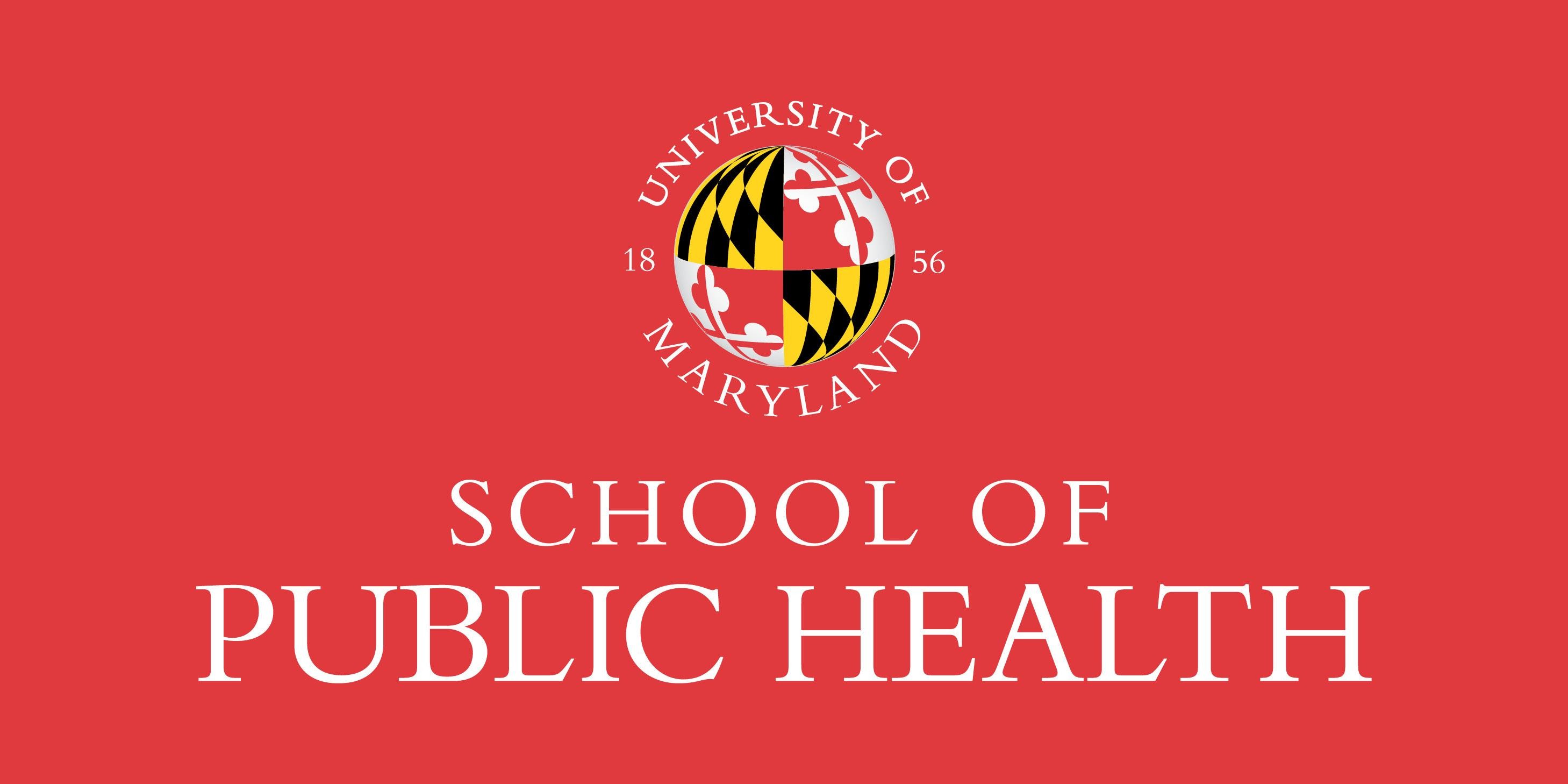
Our Happiness and Wellness Initiative shares "Some Good News" from the SPH and our extended community. You can submit your own good news by email to: happyandwell@umd.edu.

Photo taken as part of CROWN Day on July 3, 2021
Typhanye Dyer, associate professor in the Department of Epidemiology and Biostatistics, is prioritizing the happiness and self-care of her students. Each morning, Typhanye sends a ‘feel good’ story, action for happiness and a self-care tip. She finds that Incorporating daily wellness practices into her class benefits her students and herself.
It all started when the seed for the UMD School of Public Health’s Happiness and Wellness Initiative was planted by Olivia Carter Pokras, Professor Emerita in Epidemiology. Olivia, a close colleague of Typhanye's, had recently completed a certificate training in positive psychology and as a resilience trainer.
Typhanye was inspired by the daily tips that Olivia shared with her from Action for Happiness. She had begun meditation, yoga and other wellness practices to improve her mental and emotional wellbeing. Typhanye recognized that prioritizing her self-care would not only improve her total health, it would also help her be the best professor, mentor, partner and mother that she could.
As news that COVID-19 began spreading oversees and then into the US, Typhanye’s teaching assistants (TAs) began sharing their worries. She began sharing happiness tips with her TAs at the start of their weekly meetings. Then the university shut down and everything moved to a virtual setting. Students were facing the unknown.
“There was a sense of loss of how to be successful in a semester that students were feeling left in the dark. I wanted to bring some light their way, so I began sending daily, ‘Hey humans … just checking in and letting you know I’m thinking about you/hang in there,’ messages before each class,” explained Typhanye. “Life was hard, but I wanted them to know they were doing great.”
Students shared feedback that these messages of happiness started their days in a more hopeful and positive way and helped them feel more connected to the university, to her as an instructor, and to other students in the class. That summer, Typhanye received tenure as an associate professor. She felt supported by that decision and it, along with the positive student feedback, gave her the energy to keep the happiness tips going. It was important for Typhanye to show compassion about the field of public health and that student wellness was part of that mission.
It’s the student experience that I try to exemplify. We all struggle. We can all be resilient and hopefully thrive.
One student, Sannuthi Samuel, recently reached out to Typhanye to share the impact of these daily messages:
"I am writing this email to just let you know how much I appreciate your "Morning Human Beings" email. I had so much fun reading through the entire email and it really energized me! I am delighted that I have such an enthusiastic professor. In lecture yesterday, I truly sensed how passionate you are about epidemiology and I am thrilled to be able to explore this branch of study with your guidance."
Typhanye also began getting emails from students outside of her class. Word was spreading that she was practicing kindness in the classroom, and other students wanted in. Students shared that they were looking forward to taking her class in a future semester.
Then, in January 2021, Typhanye experienced a deep personal loss. Her brother Marquette died suddenly at the age of 50. He passed on a Thursday. The next day, amidst her shock and grief, Typhanye made a conscious decision to message her students. She was very transparent about the news and how the loss of her brother was impacting her mental health. She wanted to model that life is more than your work; it is about the ones you love.
Typhanye took the opportunity to reframe the loss into a lesson about public health that would impact the students’ learning and growth. Despite mourning the life of her brother who passed much too soon, she put additional actions in motion and increased the frequency and content of her messages to students. They were on a journey together. For both her and the students, the communications were cathartic. Students expressed appreciation for the honesty with which Typhanye discussed life struggles and for humanizing herself and the students.
“It’s the student experience that I try to exemplify,” expressed Typhanye. We all struggle. We can all be resilient and hopefully thrive.”
In the time of multiple syndemics (including COVID-19, racism and climate change), there are also so many positive moments going on for students: graduation, internships, new jobs and careers, new and growing families and more. Typhanye wanted to make sure to highlight these important moments and build in practices inside and outside of the classroom to foster openness and support.
Now, Typhanye starts every day with an action for happiness, a story about the greater good in our world, and one self-care tip which she promises to practice herself. For her, it’s an early morning practice that begins with a stream of consciousness, connecting her to the day and her students. She continues these efforts with a positive welcome like, “Good morning my sunshines,” and building in the use of emojis and thumbs up/down/side to check in with how they are feeling. She also incorporates music like Bob Marley and the Wailers’ "Three Little Birds." Marley’s lyrics, much like Typhanye’s daily messages, encourage everyone to “rise up this morning” and “don’t worry, about a thing ‘cause every little thing, gonna be all right.”